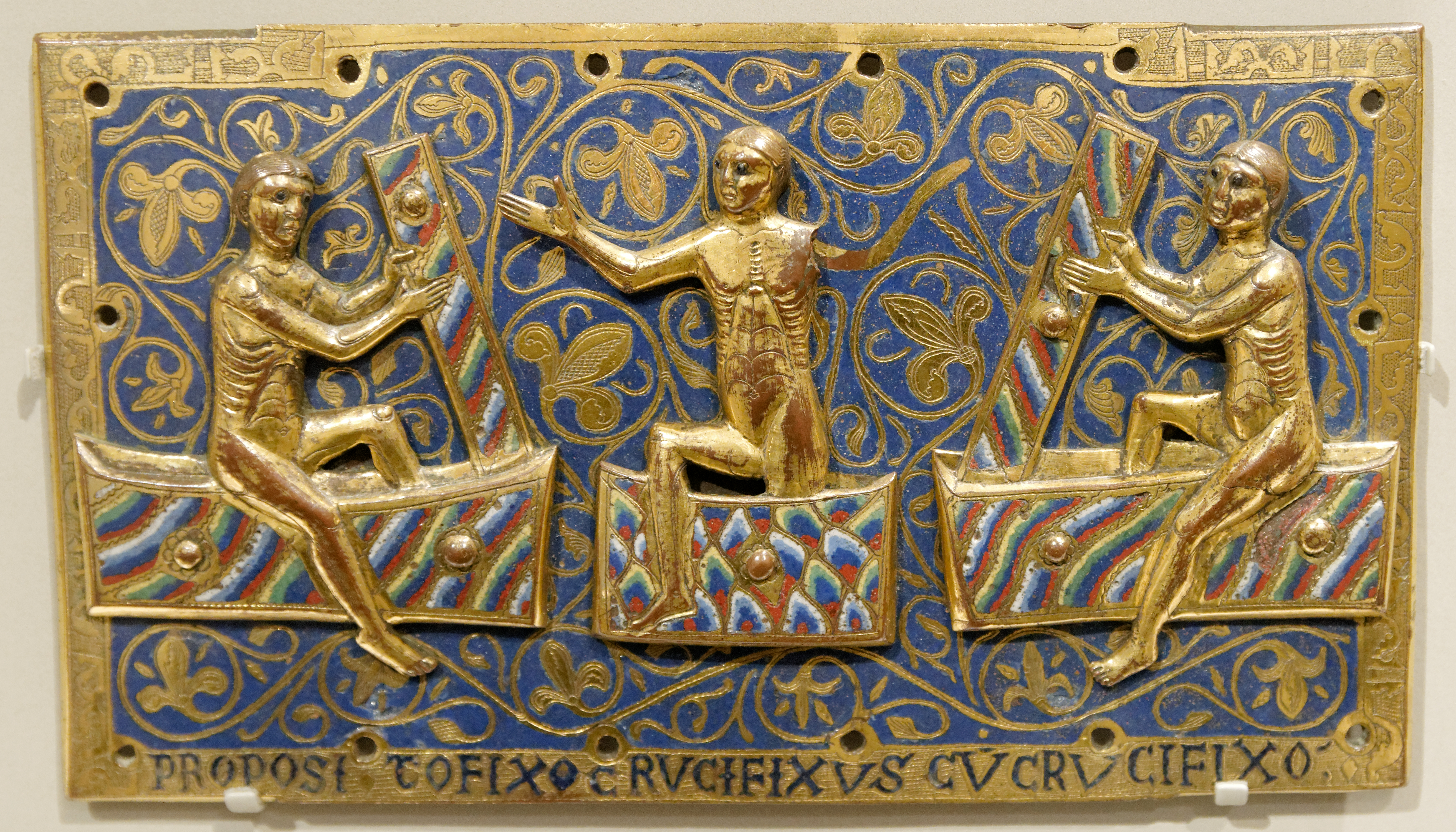Links zum Thema Erwachen und Erleuchtung / Awakening and enlightenment
Literatur
- Stephen Levine (1937-2016) US-amerikanischer Lehrer für den Themenkreis Tod und Sterben, Meditationslehrer, Dichter, Autor, Schritte zum Erwachen. Meditation der Achtsamkeit, J.Kamphausen Verlag, 1994, Rowohlt Verlag, Reinbek bei Hamburg, 1997
- Dr. Mariana Caplan, US-amerikanische Professorin für yogische und transpersonale Psychologie, Psychotherapeutin, Autorin, Auf halbem Weg zum Gipfel der Erleuchtung, Via Nova Verlag, 2002
- Karl Renz, Dietmar Bittrich, Herausgeber, Das Buch Karl. Erleuchtung und andere Irrtümer, Kamphausen Verlag, 1. Auflage
10. September 2003
- Tony Parsons, US-amerikanischer Advaita-Lehrer, Das ist es. Vom Ende der Illusion des Getrenntseins, J.Kamphausen
Verlag, 2004
- Jed McKenna, US-amerikanischer Herausgeber spiritueller Literatur, Autor, Verflixte Erleuchtung. Als Schmetterling unter Raupen, Edition Spuren, 2. Auflage Februar 2004
- Dr. Mariana Caplan, US-amerikanische Professorin für yogische und transpersonale Psychologie, Psychotherapeutin, Autorin, Augen auf! Der Weg der spirituellen Unterscheidungskraft, Advaita Media, 1. Taschenbuchauflage 1. September 2010
Literatur – Erleuchtung
- Stephen Levine (1937-2016) US American teacher on death, dying, and meditation, poet, author, A Gradual Awakening,
Anchor, 2nd edition 16. January 1989
- Arnold Mindell (1940-2024) US American therapist, teacher in the fields of transpersonal psychology, body psychotherapy, so-
cial change and spirituality, founder of "process work", author, Working on Yourself Alone. Inner Dreambody Work, Lao Tse
Press, Gazelle Book Services, reprint issue 1. May 2001
- Suzanne Segal (1955-1997) US-amerikanische Lehrerin über das Erwachen, Autorin, Übersetzer Heiner Siegelmann,
Kollision mit der Unendlichkeit. Ein Leben jenseits des persönlichen Selbst, Rowohlt, Rheinbek, 3. Auflage März 2005
- Sri Ramana Maharshi, Gespräche des Weisen vom Berge Arunachala, Ansata Verlag / Lotos, 2. Auflage 2. Mai 2006
- Arjuna Ardagh (*1957) britisch-US-amerikanischer spiritueller Lehrer, Autor, Die lautlose Revolution. Wie eine im Alltag
gelebte Spiritualität uns und die Welt verändert, J.Kamphausen, 14. September 2006
Über das Phänomen des Erwachens von transluzenten (lichtdurchlässigen) Menschen – 170 Expertenaussagen aus der Erwachensszene
↑
Literature (engl.)
- Ronald D. Laing (1927-1989) British psychiatrist, The Bird Of Paradise, Penguin Books, 4th THUS edition 26. April 1990
- Bonnie L. Greenwell, Ph.D. (1941-2022) US American transpersonal psychotherapist, founder of Kundalini Research Network,
dharma teacher, author, The Energies of Transformation. A Guide to the Kundalini Process, Shakti River Press, 1990, revised edition February 1995
- Suzanne Segal (1955-1997) US American teacher about awakening, author, Collision With the Infinite. A Life Beyond the Personal Self, Blue Dove Press, 2nd edition November 1996
- Mariana Caplan, Ph.D., US American professor of yogic and transpersonal psychologies, psychotherapist, author, Halfway
Up the Mountain. The Error of Premature Claims to Enlightenment, Hohm Press, June 1999
- Leslie Temple Thurston, South African American consciousness shifter, teacher of enlightenment, Brad Laughlin, The Marriage of Spirit. Enlightened Living in Today's World, CoreLight Publications, August 2000
- Donna Lee Gorrell, US American author, Perfect Madness. From Awakening to Enlightenment, Inner Ocean Publishing,
25. October 2001
- Alcoholics Anonymous, Twelve Steps and Twelve Traditions, first issued 1953, published by Alcoholics Anonymous Publishing Company, 1st edition 10. February 2002
- Leslie Temple Thurston, South African American consciousness shifter, teacher of enlightenment, [[
https://www.corelight.org/about-brad-laughlin|Brad Laughlin]], Returning
to Oneness. The Seven Keys of Ascension, CoreLight Publications, September 2002
Five national awards for best spiritual book of 2010
↑
Externe Weblinks
- Blogartikel Wach statt woke, präsentiert von der Publikation KLARTEXT. Die Bürgerzeitung für Rhein-Main, Dirk Hüther,
17. September 2023
Kritik
- Alan Jacobs, Neo-Advaita – westlicher Prägung, Original präsentiert von Mountain-Path (Magazin des Ramana Maharshi Ashrams in Indien) 2004, übersetzte Version, präsentiert von der aufgelösten deutschen Monatszeitschrift Connection, 2006
Linklose Artikel
- Artikel Intime Begegnungen der ADVAITA Art: der euphorische Nihilismus des Ramesh Balsekar, präsentiert von dem deutschen Magazin "Was ist Erleuchtung? (WIE)", Chris Parish, Heft 3, ~1999
Hinweis: Ramesh Balsekar (1917-2009) war ein kindesmissbrauchender indischer Advaitalehrer und Schüler von Sri Nisargadatta Maharaj.
External web links (engl.)
- Article by John Welwood, Ph.D. (1943-2019) US American clinical and transpersonal psychologist, psychotherapist, teacher, author, The Psychology of Awakening, presented by the US American quarterly magazine Tricycle. The Buddhist Review,
spring 2000
- Article by Paul Levy (*1956) US American psycho-activating healer, artist, author, Are We Humans Terminally Insane or Just Waking Up?, presented by the blogspot beyondmeds.com, 13. December 2016
Sent for reprint to Huffington Post, Rolling Stone, The New Yorker, Harper's Magazine, The Atlantic, this article got rejected by all.
⚡ Critical external web links (engl.)
- Article Neo-Advaita Demystified, presented by Spiritualteachers.org, representative of Ramana Maharshi's ashram in India [Entmystifizierung der Neo-Advaita-Szene durch den Vertreter des Maharshi Ashrams in Indien], 2004
↑
Audio- und Videolinks
Online Fernsehen
- Ehrenamtlich nonprofit und kostenlos betriebener Webfernsehkanal Jetzt-TV, spirituelles Online-Fernsehen mit Satsangs und Interviews mit Erwachten
Audio and video links (engl.)
- Video interview with Dr. Steven Hairfield, US American metaphysician, B.A. in psychology, M.A. in religion and theology, au-
thor of A Metaphysical Interpretation of the Bible, Steven Hairfield on His Road to Awakening, presented by the US American Conscious Media Network via Gaia TV, host Regina Meredith, 50:26 minutes duration, posted August 2008 Subject to fee
- Video interview with Kenny Johnson, US American former organized criminal, Kenny Johnson from Prison to Peace, spon-
sored by Science And Nonduality (SAND), 2009 conference, Marin Civic Center, San Rafael, California, 21.-25. October 2009, presented by the US American Conscious Media Network via Gaia TV, host Regina Meredith, 46:24 minutes duration, posted December 2009 Subject to fee
Johnson was sentenced to 40 years imprisonment; in prison he experienced a spiritual awakening. In 1995 Johnson founded of
This Sacred Space, a non-profit organization facilitating meditation and self-inquiry groups in prisons and schools, transmitting grace.
He awakened by a trigger sentence spoken by his teacher Gangaji:
"God's grace is here now."
- Video inaugural presentation by Jim Carrey, Canadian-American actor, comedian, The Real Jim Carrey, GATE Event 2009, sponsored by Global Alliance for Transformational Entertainment, filmed and produced by Eckhart Tolle NOW, availed also by Mindful Living Foundation, YouTube film, 4:34 minutes duration, posted 23. January 2010
After several bouts of depression Carrey had an encounter with awakening induced by a DMT drug experience.
- Audio interview with Hank Wesselman, Ph.D. (1941-2021) [Vessel Man] US American professor of anthropology, University
of California Berkeley, carrier of the knowledge of a Polynesian line of Kahunas, author, Awakening to the Spirit World MP3, episode 1563, presented by the US American multimedia publishing company Sounds True, Insights at the Edge, host Tami Simon (*1953) US American founder and director of Sounds True, 1:04:02 duration, aired 2. March 2010
- Video presentation by Thomas Sheridan (*1964) Irish alternative artist, musician, independent researcher, broadcaster, public speaker, author, How to Wake Up Safely, YouTube film, 24:33 minutes duration, posted 31. March 2013
Reference: Video interview with Thomas Sheridan, Puppeteers and Automatons, YouTube film, 1:12:52 duration, posted 7. March 2013
↑
Audio and video links (engl.) – Leslie Temple-Thurston
- Video interview with Leslie Temple-Thurston, South African American consciousness shifter, enlightenment teacher on her spiritual journey, presented by Leslie Temple Thurston – Buddha at the Gas Pump Interview, presented by the US American podcast Buddha at the Gas Tank. Interviews with "ordinary" spiritually awakened people, host and founder of Batgap Rick Archer, US American former TM meditator, recorded in Santa Fe, New Mexico, 26. October 2010, YouTube film, 1:53:42
duration, posted 2. January 2011
↑
|


